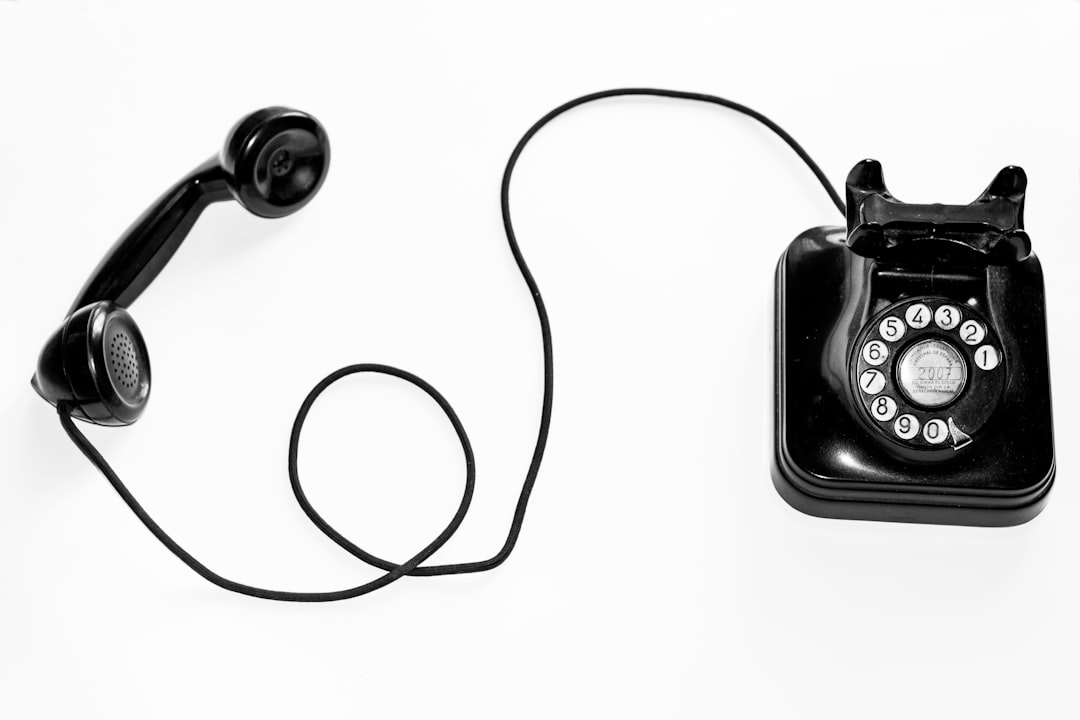Washington state's debt collector laws protect consumers through strict regulations. These laws mandate fair notice, debt verification, and prohibit abusive language or harassment by collectors. Debtors enjoy rights like validation and dispute resolution, ensuring legal boundaries are respected, especially regarding Washington debt collector practices. The FDCPA further safeguards consumers from unethical tactics, emphasizing transparency and ethical treatment. Credit card issuers must adhere to these stringent rules, empowering consumers to defend their rights against false collection practices while providing clear documentation and fair dispute resolution processes.
In the state of Washington, understanding debt collection laws is crucial for both credit card holders and lenders. This article delves into the intricacies of Washington’s debt collection regulations, focusing on credit cards. We explore the rights of debtors, the application of the Fair Debt Collection Practices Act (FDCPA), responsibilities of card issuers, and dispute resolution processes. By examining these aspects, individuals navigating Washington’s debt collection landscape can ensure their rights are protected while managing credit card debt effectively.
Understanding Washington's Debt Collection Laws
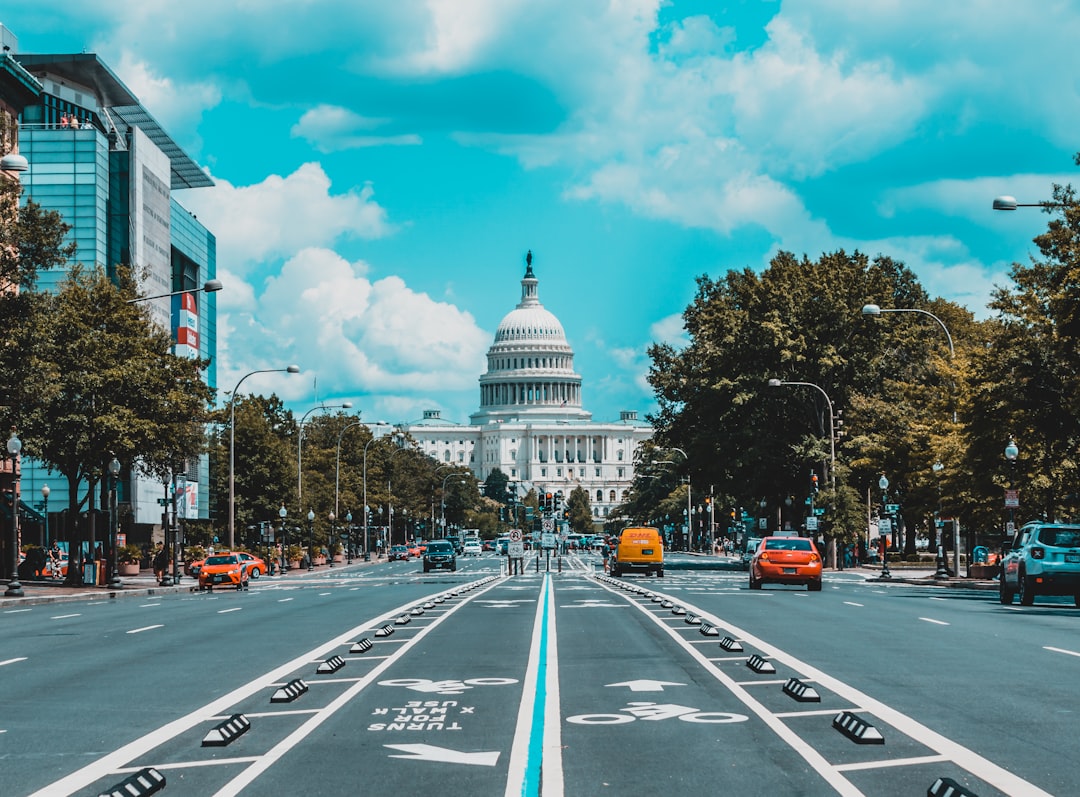
Washington State has specific laws governing debt collection practices, especially regarding credit card debts. Understanding these laws is crucial for both consumers and debt collectors to ensure fair and legal interactions. The Washington Revenue Department oversees and enforces these regulations, protecting consumers from abusive or unfair debt collection tactics.
Debt collectors in Washington must adhere to strict guidelines, including providing proper notice and verifying the debt before contacting the consumer. They are prohibited from using threatening language, misrepresenting themselves, or employing harassing behavior. Consumers have rights under these laws, such as requesting validation of the debt and disputing inaccurate claims. Knowing and understanding these Washington debt collection laws can empower individuals to protect their rights and navigate debt-related issues effectively.
Rights of Debtors in Washington State
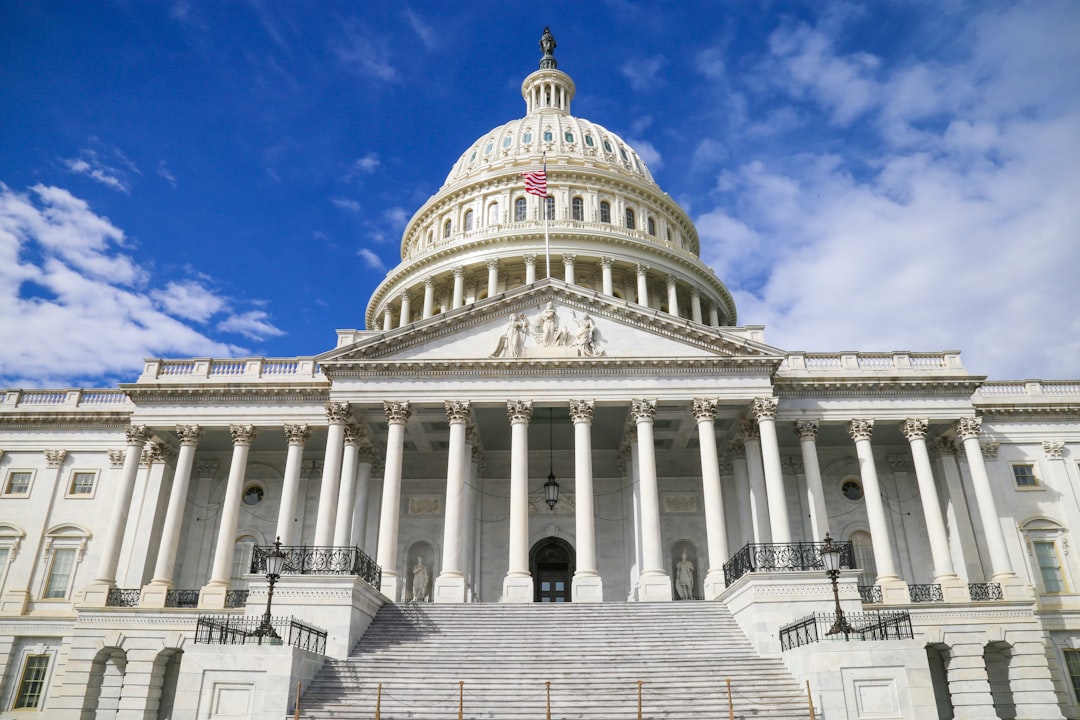
In Washington State, debtors have several rights that are protected by state laws regarding debt collection practices. According to the Washington Debt Collection Act, individuals have the right to be informed of their debt and the name of the creditor. They can also demand verification of the debt and dispute any inaccurate information presented by a debt collector. This act restricts debt collectors from engaging in unfair or deceptive practices, such as harassing phone calls, threats, or false representations.
Moreover, Washington law sets time limits on debt collection activities. Collectors must provide a written notice within five days of initial contact, detailing the amount owed and the name of the creditor. They are prohibited from contacting debtors at unreasonable times or places, and debtors can request that communication be made in writing only. These rights ensure fairness and transparency in the debt collection process for Washington residents.
Fair Debt Collection Practices Act (FDCPA) Application
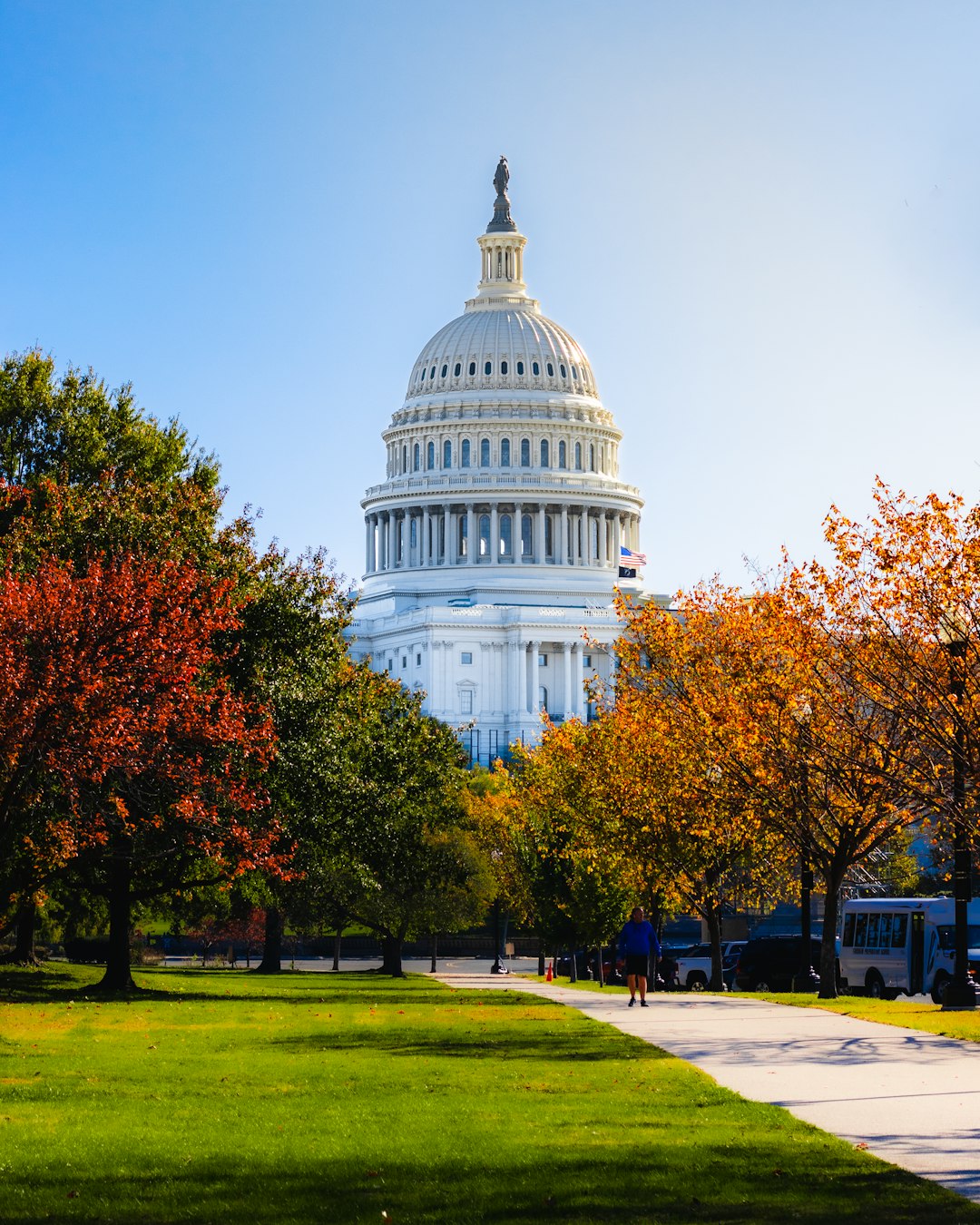
In Washington, the Fair Debt Collection Practices Act (FDCPA) applies to debt collectors as well as creditors who hire third-party collection agencies. This federal law establishes guidelines for ethical and fair practices in debt collection, ensuring consumers are treated with respect and dignity. It prohibits abusive, fraudulent, or harassing collection tactics and provides several protections for debtors.
Under the FDCPA, debt collectors must identify themselves and the original creditor, provide validation of the debt, stop contacting debtors if requested, and refrain from making false or misleading statements. These regulations aim to safeguard Washington residents from aggressive or unfair practices while holding debt collectors accountable for their actions.
Card Issuers and Their Responsibilities
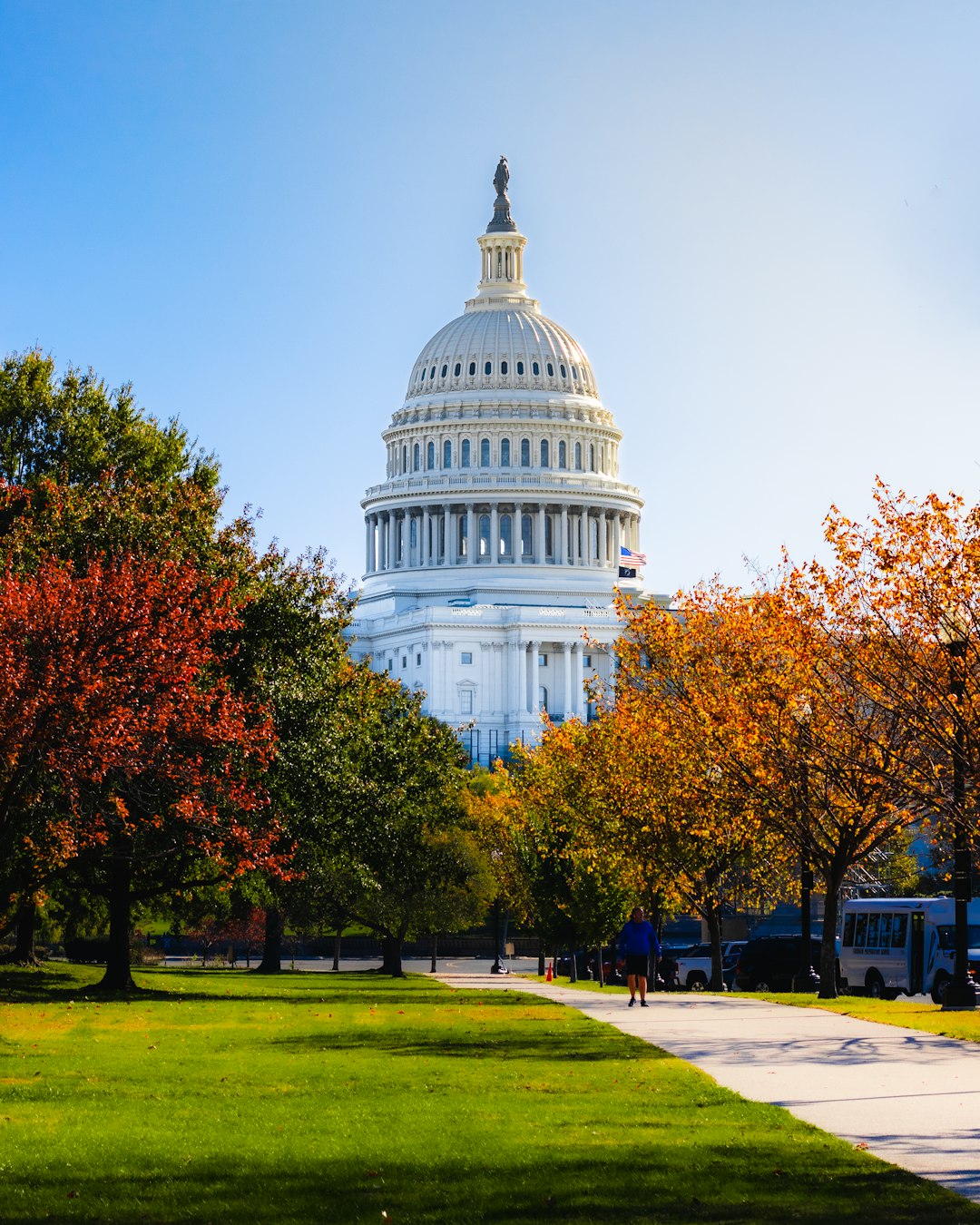
In Washington state, credit card issuers have certain responsibilities under the debt collection laws. They must provide clear and accurate information to consumers about their rights and obligations. When a consumer defaults on their credit card payments, issuers should adhere to fair debt collection practices as mandated by federal law, with specific regulations in place within Washington. This includes avoiding abusive or false representations, providing proper notice of payment due, and allowing consumers the right to dispute the debt.
Debt collectors who represent these issuers must follow strict guidelines set forth by Washington debt collection laws. They are prohibited from using harassment, threats, or false statements to pressure consumers into paying. Collectors must verify the debt and provide valid documentation when requested, ensuring transparency throughout the process. Consumers in Washington have protections that enable them to stand up for their rights against unfair debt collection practices.
Disputing Credit Card Debt in Washington

In Washington, consumers have rights when it comes to disputing credit card debt. According to the state’s debt collection laws, collectors must provide proper documentation and verify the debt before initiating contact with the debtor. This includes sending a written validation notice within 5 days of the initial contact, detailing the amount owed and the name of the original creditor.
If you believe your credit card debt is inaccurate or excessive, you have the right to dispute it. Consumers can challenge the debt by contacting the collection agency in writing and requesting evidence supporting the claim. The Washington debt collector laws mandate that agencies handle disputes promptly and fairly, ensuring debtors are treated with respect and their rights are protected throughout the process.



